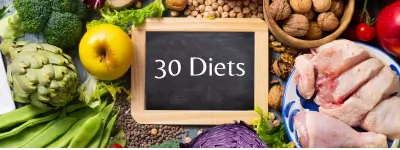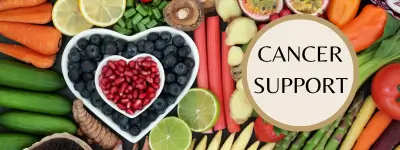Proton-pump inhibitors (PPIs) are a group of medications whose primary action is to reduce gastric acid production. Prilosec, prevacid, and nexium are popular PPIs which help constitute a large percentage of the most prescribed medications in the world. In a population-based study from Scotland, PPIs were linked with an increased risk of intestinal infections with C. difficile and Campylobacter bacteria, which can cause considerable illness. The study adds to a growing body of evidence that the health consequences of PPI-based drugs are causing far more damage to the human body than previously published in medical literature.
PPIs suppress gastric acid secretion by specific inhibition of the gastric acid ions in cells. The absorption of PPIs takes place in the small intestine essentially turning off the switch which promotes healthy digestion of foods. Omeprazole is also completely metabolized by the cytochrome P450 system.
Compared with individuals in the community who did not take acid suppression medications, those who did had 1.7-times and 3.7-times increased risks of C. difficile and Campylobacter, respectively. Among hospitalized patients, those using the medications had 1.4-times and 4.5-times increased risks, respectively.
Although acid suppression therapy is often considered by Physicians to have few side effects, the findings suggest that there are significant adverse gastrointestinal consequences of their use. “Users of these medications should be particularly vigilant about food hygiene as the removal of stomach acid makes them more easily infected with agents such as Campylobacter, which is commonly found on poultry,” said Prof. Thomas MacDonald, senior author of the British Journal of Clinical Pharmacology study.
Health Consequences
The use of PPIs for acid-related symptoms and disorders is extensive and still escalating. Rebound acid hypersecretion, defined as an increase in gastric acid secretion above pre-treatment levels following antisecretory therapy, has been observed within two weeks after withdrawal of treatment and can lead to acid-related symptoms and possibly PPI dependency. They can actually CAUSE the very type of symptoms that they’re intended to prevent if you stop taking them.
It appears the drugs lead to “rebound acid hypersecretion,” which is an increase in gastric acid secretion above pre-treatment levels within two weeks of stopping the drugs.
Essentially, because these drugs slam the brakes on the acid-producing pumps in your stomach, when you stop taking them that built-up acid can be unleashed with a vengeance.
Meanwhile, studies show that up to 33 percent of people taking PPIs continue to refill their prescriptions without an apparent need for them. Could it be that many of these people continue to refill their prescriptions because they have severe withdrawal symptoms each time they run out…and are assuming they need MORE of the drug to help them?
Some of the health consquences of PPIs include angina, ulcers, tachycardia, bradycardia, palpitations, elevated blood pressure, development of male breasts, inflammation of the pancreas, irritable colon, mucosal atrophy of the tongue, liver disease/failure, elevated blood sugar, muscle weakness, skin conditions, tinnitus, inflammation of the eyes, urinary frequency, testicular pain, anemia and blood cell disorders and even death.
After food passes through your esophagus into your stomach, a muscular valve called the lower esophageal sphincter (LES) closes, preventing food or acid to move back up. Gastroesophageal reflux occurs when the LES relaxes inappropriately, allowing acid from your stomach to flow (reflux) backward into your esophagus.
An organism called helicobacter pylori (initially called campylobacter) can also cause a chronic low-level inflammation of your stomach lining, and is responsible, or at least a major factor, for producing many of the symptoms of acid reflux. But H. pylori is present in a large portion of the population as is does not react negatively in most people. Some research even suggests that H. pylori can protect against damage by NSAIDs and anti-inflammatory drugs.
There are actually over 16,000 articles supporting the fact that suppressing stomach acid does not treat the problem. It only treats the symptoms. And one of the explanations for this is that when you suppress the amount of acid in your stomach, you decrease your body’s ability to kill the helicobacter bacteria. So it actually makes your condition worse and perpetuates the problem.
It’s important to understand that acid reflux is NOT a disease of too much acid being produced, but rather it’s a condition related more commonly to hiatal hernia — a condition in which the acid is coming out of your stomach, where it’s supposed to remain.
Natural Prevention and Treatment
MASTIC GUM
Mastic contains antioxidants and also has antibacterial and antifungal properties. Dr Dlawer Aldeen, a consultant microbiologist at Nottingham City Hospital recently carried out a clinical study on mastic gum and its effects on the H pylori bacteria. He says: ‘It has been known for many years that mastic gum can help clear up peptic ulcers and there have been several clinical studies on its effects in countries outside the UK in the past decade. But my attention was caught when I realised that mastic gum in higher doses – up to three grams a day – actually killed the H pylori bacteria permanently.’ The Nottingham University study was published in the New England Journal of Medicine. Mastic Gum is available at most health food stores.
MARSHMALLOW TEA
Herbalist David Hoffmann writes in his book “The New Holistic Herbal,” that marshmallow root works as an anti-inflammatory agent for both external and internal ailments. Internally, it helps inflammation in the gastrointestinal tract, treating disorders such as inflammation of the mouth, gastritis and colitis. Marshmallow root contains mucilage, a gel-like substance that becomes slippery when wet. According to the University of Maryland Medical Center, mucilage coats both the respiratory and digestive tract, helping soothe irritation and ulcers that may be present. It helps with sore throat and has been used traditionally to treat catarrh and bronchitis.
You can find the powder at many health food stores and then make your own capsules. Most health food stores sell natural capsules and the marshmallow tea powder itself is very affordable.
GLUTAMINE
A study led by scientists at Beth Israel Deaconess Medical Center (BIDMC) and the Massachusetts Institute of Technology demonstrates that the amino acid glutamine, found in many foods as well as in dietary supplements, may prove beneficial in offsetting gastric damage caused by H. pyloriinfection. Reported in the May 2009 issue of the Journal of Nutrition., the findings offer the possibility of an alternative to antibiotics for the treatment of stomach ulcers.
“Our findings suggest that extra glutamine in the diet could protect against gastric damage caused by H. pylori,” says senior author Susan Hagen, PhD, Associate Director of Research in the Department of Surgery at BIDMC and Associate Professor of Surgery at Harvard Medical School.
DGL (Deglycyrrhizinated Licorice Root)
DGLs restorative effects on the gastric mucosa help to speed up healing and prevent recurrences of future ulcers. The drugs that are used in standard therapy do not address the underlying cause of ulcers. Instead, they simply treat the symptoms caused by an ulcer. DGL, on the other hand, does not inhibit stomach acid production, neutralize stomach acid, or block histamine. It promotes true healing by stimulating the normal defense mechanisms that prevent ulcer formation and improve the integrity of the stomach lining. Additionally, DGL accomplishes this without any of the side effects that are associated with the standard peptic ulcer therapy.
DGL licorice should mix with saliva in order to promote release of salivary compounds, which in turn stimulate the growth and regeneration of stomach and intestinal cells. There are several forms of chewable DGL that are available on the market. In order to treat a peptic ulcer, people should take 760 to 1,520 mg of DGL about twenty minutes before meals. It should never be used after meals, due to lack of efficacy. It should also be used for about eight to sixteen weeks in order to see results, or as recommended by a health care professional.
MANUKA HONEY 25+ OR MORE
Manuka honey is an efficient way to clear chronically infected wounds and could even help reverse bacterial resistance to antibiotics, according to research presented at the Society for General Microbiology’s Spring Conference in Harrogate.
The antibacterial properties of Manuka honey are due to high concentrations of the compound Methylglyoxal. This is a stable compound that occurs naturally in Manuka honey. Importantly, Manuka honey contains levels of Methylgyoxyl that are far greater (up to 600 mg/kg honey) than those found in other honeys (5-10 mg/kg honey) or other foods. “It is also stable in the presence of enzymes that readily degrade hydrogen peroxide, the non-stable antibacterial compound found in most honeys. For this reason Manuka honey can be a very effective antibacterial agent against H. pylori in the gut, whereas other honeys are not.
PROBIOTICS
According to an expert consultation conducted by the Food and Agriculture Organization and the World Health Organization probiotics are “live microorganisms which when administered in adequate amounts confer a health benefit to the host.” The regular intake of probiotic microoganisms has been demonstrated to prevent several disorders including diarrhea and inflammatory bowel disease.
Among probiotics Bifidobacterium is one of the favorite genera in studies focused on the prevention of gastrointestinal infection and is often used in fermented dairy products or food supplements. Some studies have been done in vitro (in test tubes or petri dishes) showing bifidobacterial activity against H. pylori.
SLIPPERY ELM
Slippery elm has been used as an herbal remedy in North America for centuries. Native Americans used slippery elm in healing salves for wounds, boils, ulcers, burns, and skin inflammation. It was also taken orally to relieve coughs, sore throats, diarrhea, and stomach problems.
Slippery elm contains mucilage, a substance that becomes a slick gel when mixed with water. It coats and soothes the mouth, throat, stomach, and intestines. It also contains antioxidants that help relieve inflammatory bowel conditions. Slippery elm also causes reflux stimulation of nerve endings in the gastrointestinal tract leading to increased mucus secretion. The increased mucus production may protect the gastrointestinal tract against ulcers and excess acidity.
ZINC CARNOSINE
Zinc carnosine, a patented combination of two nutrients that have beneficial effects on the gastrointestinal mucosa, represents an important advance in the management of peptic ulcers. Widely used in Japan, where it is recognized as a drug by regulatory authorities, zinc carnosine given alone was shown by endoscope to resolve ulcers by 60 to 70%, a result comparable to conventional drug therapies and with a safety profile better than commonly used pharmaceuticals.
Zinc arnosine has been shown to promote wound healing, reduce inflammation, improve secretion of the protective mucosal lining, and possess antioxidant effects. It can be used as a natural therapy, an antibiotic, and substitute to PPIs and and H2 receptor antagonists (i.e., Pepcid), both of which serve to decrease hydrochloric acid (HCl).
HYDROCHLORIC ACID SUPPLEMENT
Depending on the type of ulcer, another option is to take a betaine hydrochloric supplement, which is available in health food stores without prescription. You’ll want to take as many as you need to get the slightest burning sensation and then decrease by one capsule. This will help your body to better digest your food, and will also help kill the helicobacter and normalize your symptoms.
CHINESE HERB SAI MEI AN
Sai Mei An treats ulcers in the stomach or duodenum, decreasing excess stomach acid, relieving pain, and coating the stomach lining. It contains the powders of a variety of shells, such as oyster or clam, giving it an acid-neutralizing, astringent effect. It also contains borneol camphor (bing pian), which helps relieve pain. Take this remedy on an empty stomach, about half an hour before meals. It coats the stomach lining, preventing irritation of the ulcer from digestive juices and food. To continue the healing process, continue taking Sai Mei An for two weeks after symptoms subside.
BAKING SODA
A very effective acid reducer that alkalizes the stomach. Half to one full teaspoon in a glass of water will instantly relieve symptoms related to ulcer pain, inflammation and gas. It will not cure an ulcer, but it help manage the symptoms of pain effectively.
CABBAGE JUICE
Cabbage is better than most anti-ulcer drugs and there are actually natural anti-ulcer chemicals in cabbage. The duodenal ulcers of patients fed cabbage heal in one-third the usual time. In a double blind study of 45 inmates at San Quentin Prison in California, 93 percent of the ulcers in prisoners taking cabbage juice concentrate in capsules – the equivalent of a fresh quart of cabbage juice every day – were healed after three weeks. Only 32 percent of the ulcers healed in those taking a dummy capsule. How could cabbage work? Seemingly by strengthening the stomach lining’s resistance to acid attacks.
MODIFYING YOUR DIET
Eating large amounts of processed foods and sugars is a surefire way to exacerbate acid reflux as it will upset the bacterial balance in your stomach and intestine.
Instead, you’ll want to eat a lot of vegetables, and high quality, organic, biodynamic, and locally grown foods. You can also supplement with a high quality probiotic or make sure you include fermented foods in your diet. This will help balance your bowel flora, which can help eliminate helicobacter naturally.
Grapefruits, broccoli sprouts, aloe vera juice, and pickle juice are all known to aid in the healing of ulcers.
Sources:
umm.edu
sciencedaily.com
mercola.com
dailymail.co.uk
preventdisease.com
pacificcollege.edu


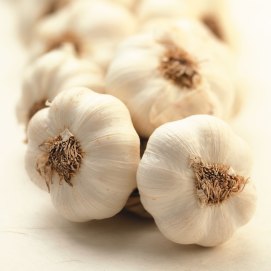
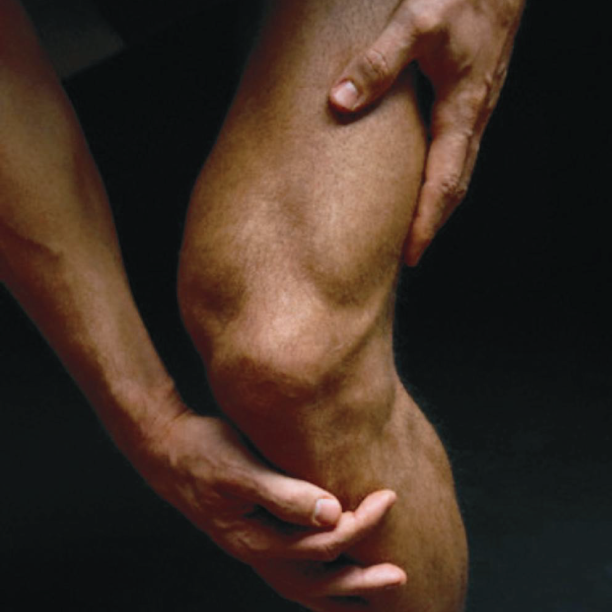
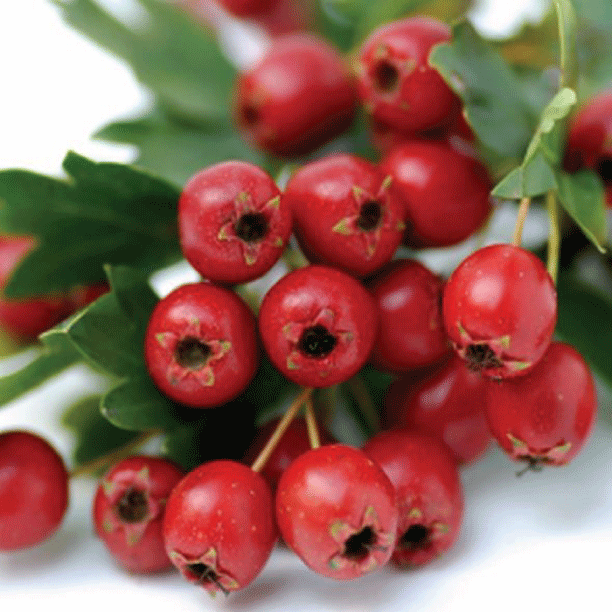









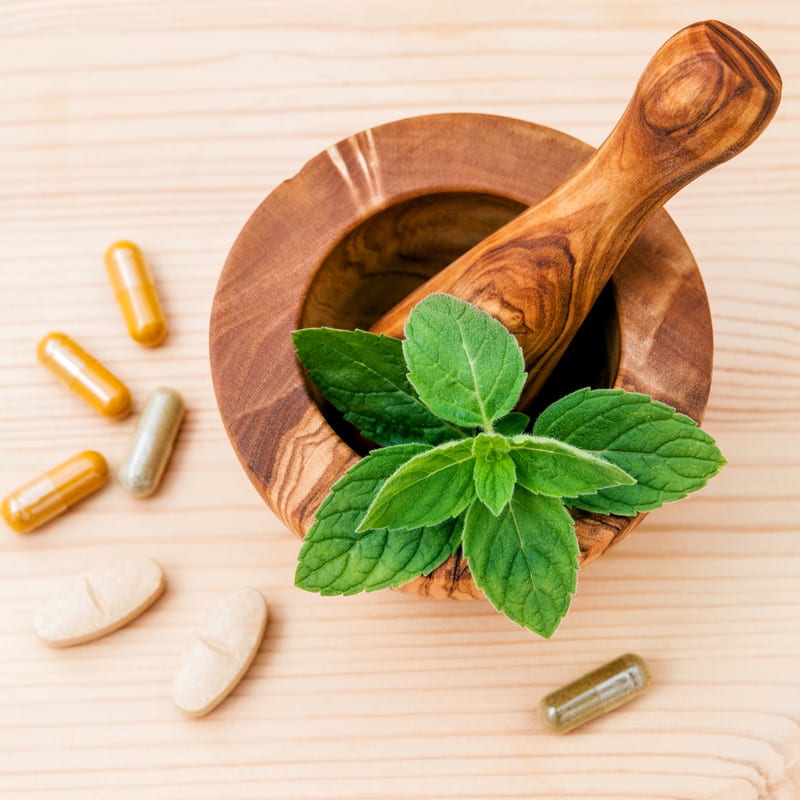

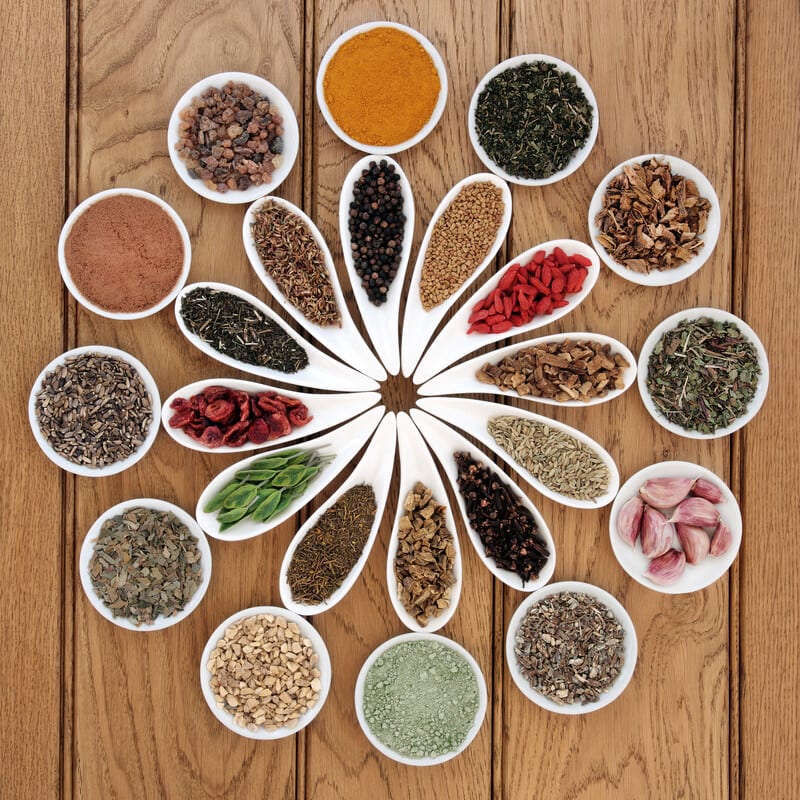
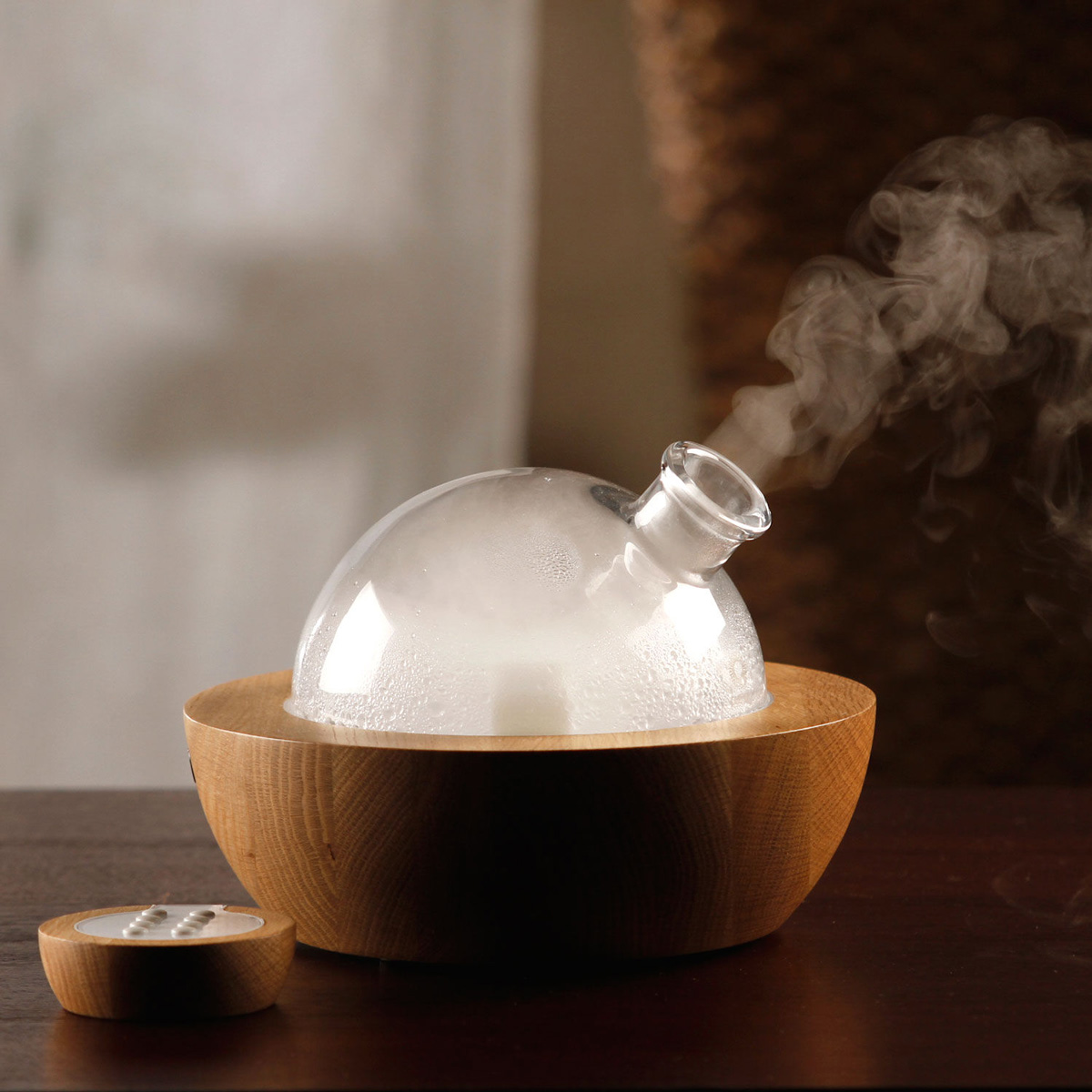


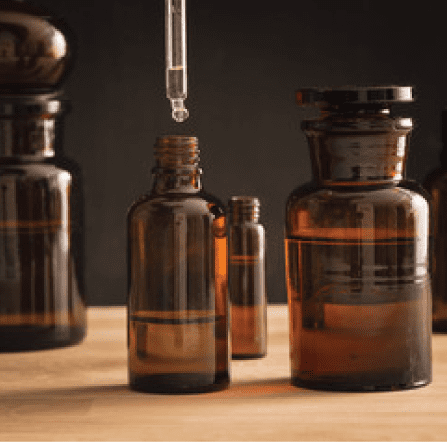

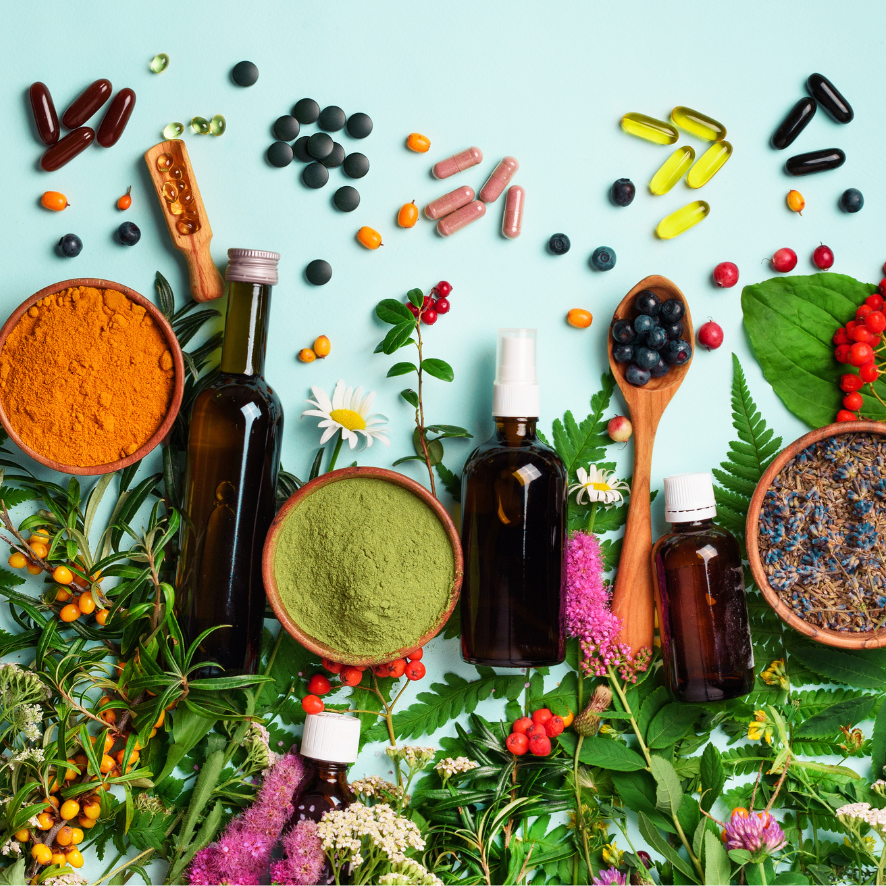

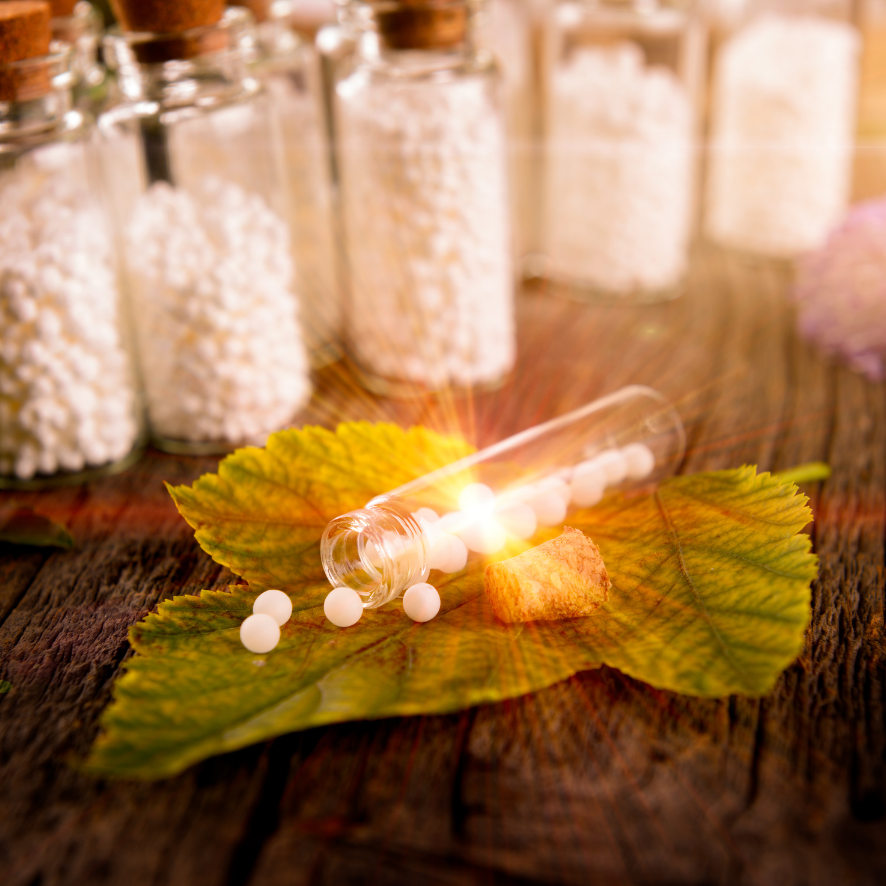

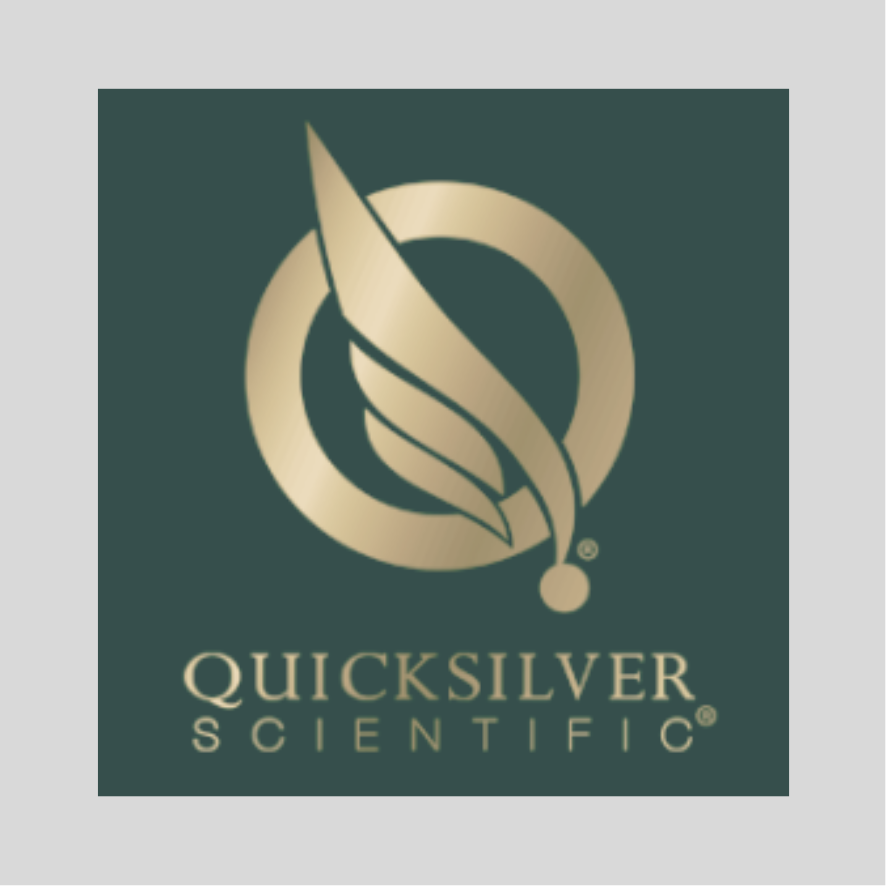

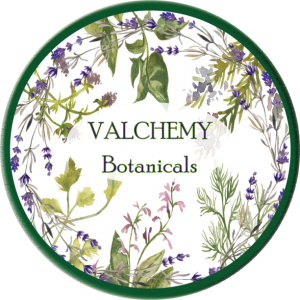

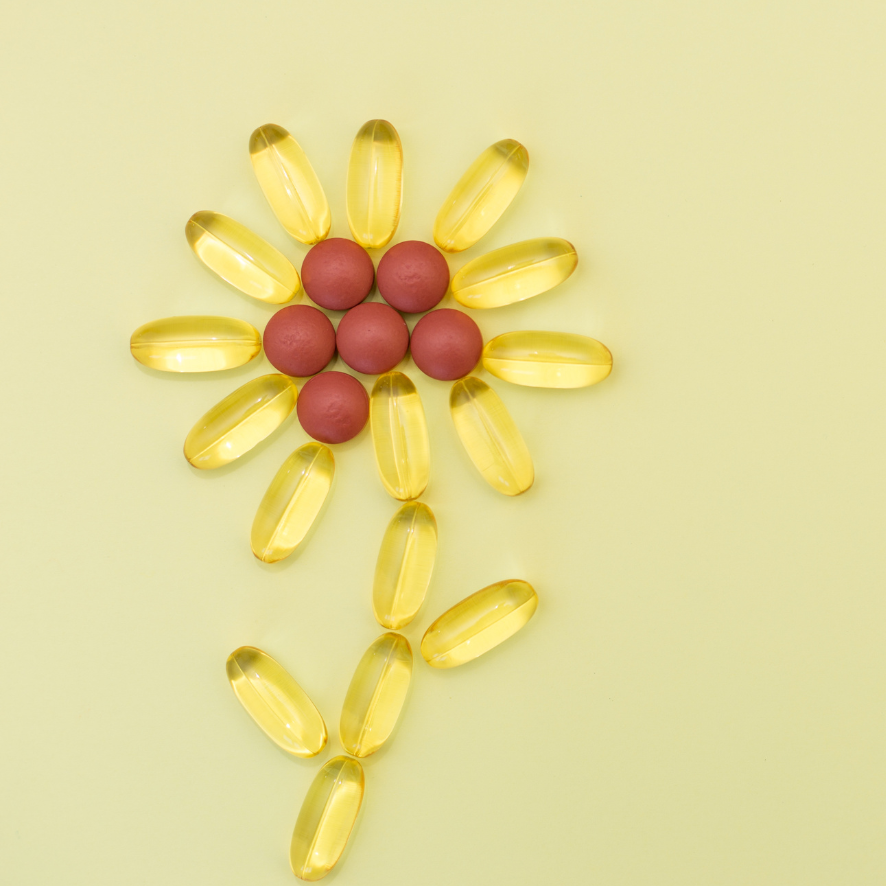


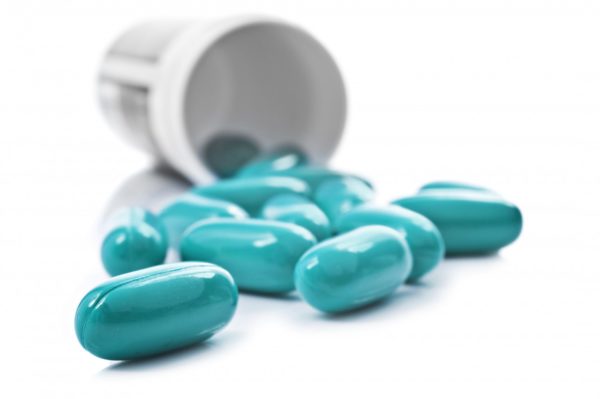

![[New webinar] The Healthy Pelvic Floor Webinar & Final Registration for 2 Health Summits CD pilates hamstring stretch scaled 1 [New webinar] The Healthy Pelvic Floor Webinar & Final Registration for 2 Health Summits](https://www.holistichealthonline.info/wp-content/uploads/2022/08/CD-pilates-hamstring-stretch-scaled-1-1024x768.jpg)


